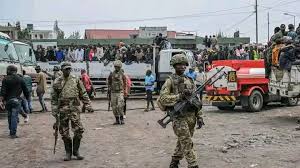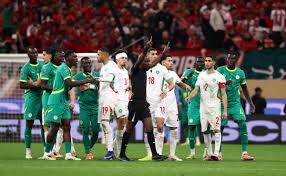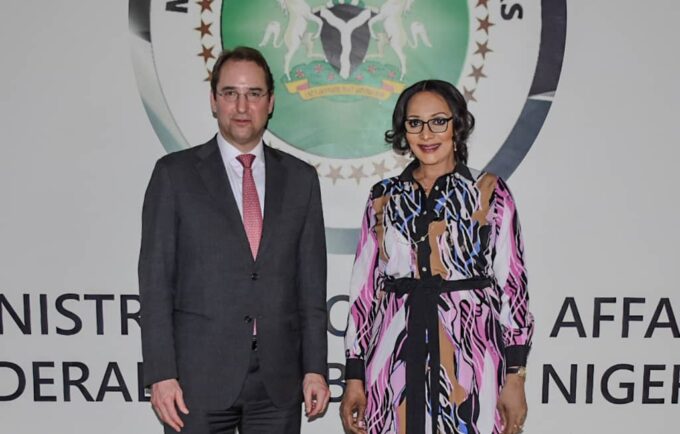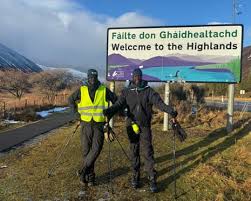Kenya, once hailed as a democratic beacon in East Africa, is facing mounting criticism over a troubling wave of repression that is beginning to mirror the authoritarian tendencies of its neighbors, Uganda and Tanzania. Despite Kenya’s progressive legal framework especially its constitutional protection of the right to peaceful protest, recent government actions under President William Ruto’s administration are casting a long shadow over its democratic credentials.
At least 10 people were killed during nationwide protests against the Ruto administration in late June 2025. The demonstrations, largely led by youth groups, were held in remembrance of victims of deadly anti-tax protests exactly a year prior. Protesters took to the streets chanting for government accountability, only to be met with tear gas, razor wire, armored vehicles, and lethal force. The government also attempted to ban live TV and radio broadcasts of the protests, a move that was later blocked by the High Court.
Kenya’s Interior Minister Kipchumba Murkomen defended the police response, claiming they had shown “remarkable restraint” in quelling what he described as an “attempted coup.” He accused protesters of committing acts of violence, looting, sexual assault, and the destruction of public property, noting that 300 police officers were injured during the unrest. However, his statement was met with widespread backlash from civil society organizations and legal bodies.
The Law Society of Kenya (LSK) condemned the violent police crackdown, describing it as “unnecessary aggression and brute force” that led to avoidable deaths and destruction. “Such actions have no place in a free democratic society,” the LSK said in a strongly worded statement, warning that Kenya is veering dangerously close to authoritarianism.
This follows the suspicious death of 31-year-old blogger and teacher Albert Ojwang in police custody in May. He was detained for allegedly defaming a senior police officer and died from assault wounds, according to an autopsy report. Ojwang’s death triggered a small protest in Nairobi, during which a street vendor was shot at close range and critically injured, further inflaming public outrage.
These developments have sparked concern not only within Kenya but across the region. Tanzania’s prominent opposition figure, Tundu Lissu, who miraculously survived an assassination attempt in 2017, has been detained and charged with treason for his “No reform, no elections” campaign. His party, Chadema, has been barred from contesting Tanzania’s October 2025 elections after refusing to sign what it calls a biased electoral code of conduct.
Similarly, Uganda’s political climate continues to tighten under President Yoweri Museveni, who has ruled since 1986. With elections looming in 2026, opposition figures such as Dr. Kizza Besigye have been detained and charged with treason, accused of plotting to overthrow the government. Museveni’s son, Gen. Muhoozi Kainerugaba, now leads the military and is seen by many as the heir apparent, raising further fears of dynastic rule.
Kenya’s descent into repression is particularly alarming because the country has long been viewed as a model of free expression in the region. Political analysts like Nicodemus Minde highlight how Tanzanians once admired Kenyans for their ability to “speak truth to power.” That perception is now under serious threat.
Civil society organizations, journalists, opposition parties, and international observers warn that if Kenya continues down this path, it risks aligning more closely with the entrenched autocracies of its neighbors rather than standing apart as a progressive, democratic force in East Africa.
With upcoming elections and growing economic pressures, how Kenya navigates this democratic crisis will determine whether it can reclaim its status as a regional exemplar of freedom, or cement its place among nations sliding into authoritarianism.













Leave a comment